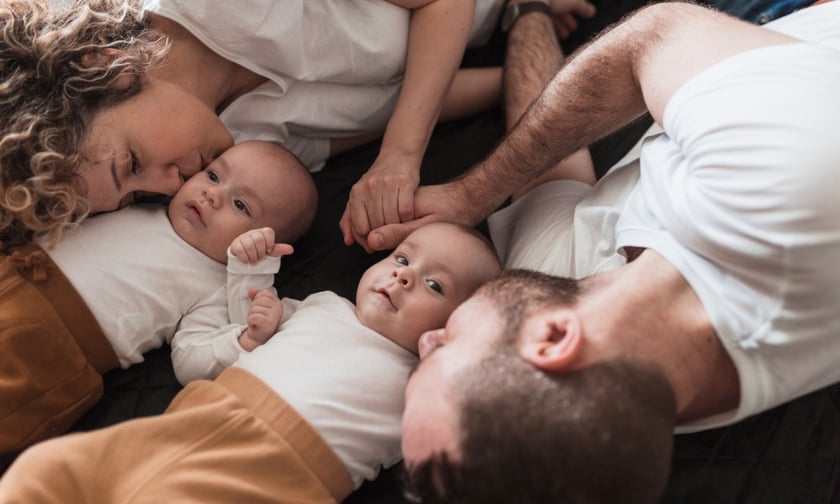

Australia is set to introduce enhanced parental leave entitlements, granting new parents six months of government-funded leave starting in 2026, an increase of six weeks from current levels.
This expansion will occur gradually, with entitlements rising by two weeks annually until 2026, as per legislation passed by the Senate on Monday.
One month of this leave will be designated for partners, aligning with the government's aim to promote increased paternal involvement in caregiving responsibilities, according to a Bloomberg report.
The parental leave benefits will be paid at the national minimum wage and will be available to parents with a combined income below $350,000 per year.
Prime Minister Antony Albanese touted the benefits of the expansion.
“A parental leave system that empowers the full and equal participation of women will be good for business, good for families and good for our economy,” Albanese said in a statement.
Read next: QBE Australia reveals huge gender pay gap
The government also recently announced that workers receiving paid parental leave will also receive mandatory pension entitlements during that period, effective July 2025, Bloomberg reported.
The Business Council of Australia welcomed the changes, noting their potential to support women's workforce participation and economic growth.
“These changes are critical to boosting participation, growing the economy and most importantly, achieving long-term economic outcomes for women,” Business Council chief executive Bran Black said in a statement.
However, Australia's Council of Trade Unions has advocated for further enhancements to parental leave, calling for an extension to a full year and an increase in the pay rate above the minimum wage, Bloomberg reported.
The Council of Trade Unions argues that addressing gender inequality in unpaid care work is essential to tackling broader labour market disparities, including the country's 21.7% gender pay gap, as highlighted by the Workplace Gender Equality Agency.
Have something to say about this story? Let us know in the comments below.
